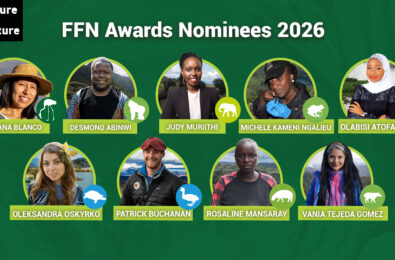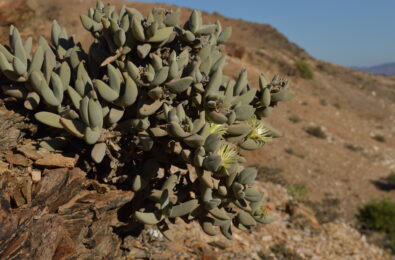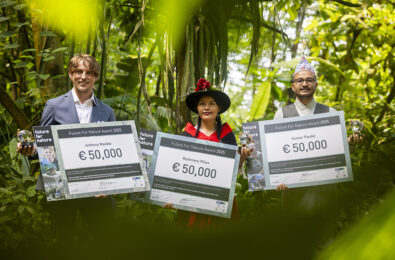The power of local knowledge
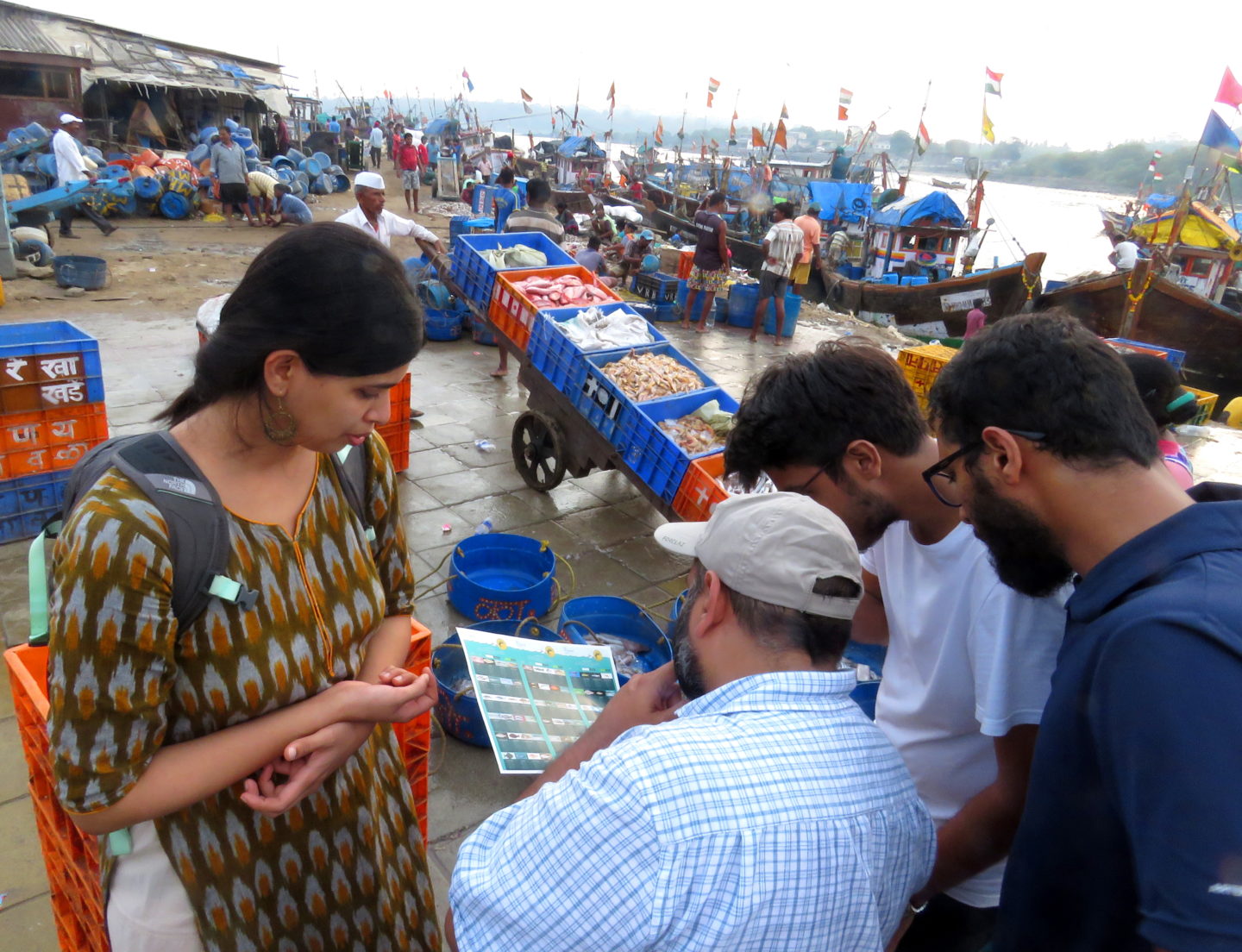
In order to effectively protect species and their habitats, it is crucial to first understand what is going on. We need information on how populations are doing, what they need to survive and thrive, and the threats they face. A great source of knowledge on these topics is local people. That is exactly who Divya Karnad (winner 2019) and her colleagues turned to, to study the endangered rhino rays in India.
Rhino rays are a poorly understood, yet highly threatened group of marine species. They comprise guitarfish and wedgefish, and 15 of the 17 species are considered critically endangered. Their slow growth and reproduction makes rhino rays vulnerable to overexploitation by fisheries. In other words, if too much are fished out from the ocean, they don’t have enough capacity to recover. India is a hotspot for rhino rays species, but unfortunately also one of the top shark and ray fishing nations.
Divya and her colleagues set out to study rhino rays’ ecology and social status in the state of Goa, India, by making us of local ecological knowledge (LEK). Local fishers hold a lot of knowledge about marine life, as they go out to sea on a daily basis. Fishers often pass on their trade, and thereby their knowledge, to their children, meaning they hold historical data as well. Fishers’ LEK can help evaluate species abundance and population trends, assess threats and extinction probability.
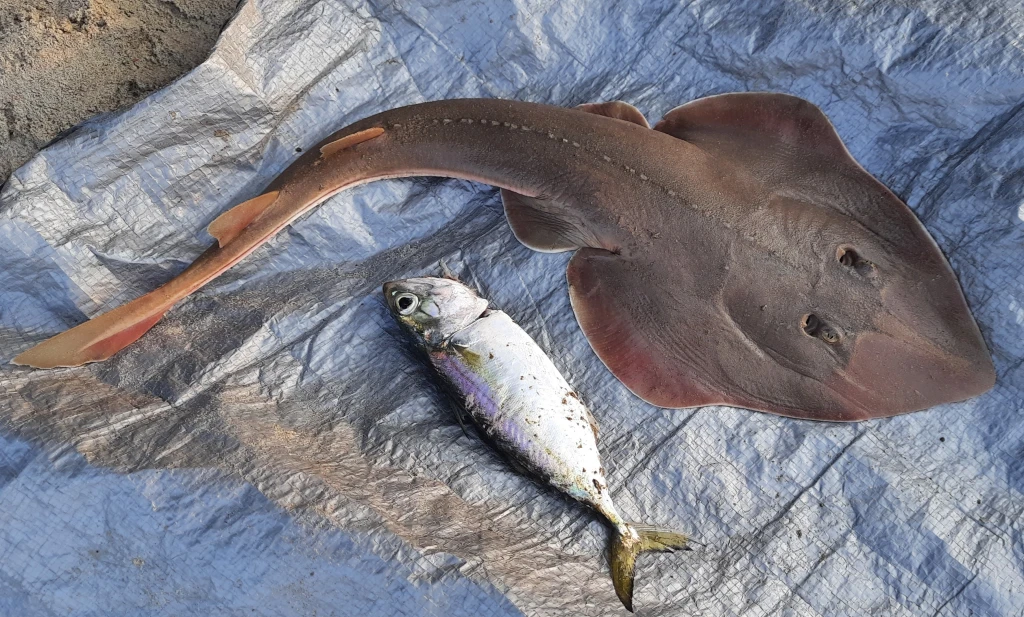
Photo of a rhino ray (widenose guitarfish) by Trisha Gupta
In Divya’s study, over 80 fishers participated and shared what they know about rhino rays. Their local knowledge provided insights on their breeding and seasonality, for example habitats around river mouths seem to form important nursery grounds for some rhino rays. Rhino rays do not appear to be a target for fishers and are currently entirely bycaught. Unfortunately, knowledge from the fishers also indicates that sawfish and wedgefish have severely declined or disappeared from the region.
Besides studying their ecology, Divya and her colleagues also explored the attitudes of fishermen towards rhino ray conservation, and the interaction between rhino rays and fisheries. Understanding how fishers value marine life is helpful for conservation, as this could increase participation in conservation interventions for example. The study showed that fishers value rhino rays for different reasons, such as their subsistence and recreation. All participants of the study were positive about rhino ray conservation and shared that a fishing ban on these species would have little impact on their earnings. These positive attitudes may help when interventions for sustainable fishing and conservation are implemented.
Involving local people in conservation research is highly useful. The study done by Divya and her colleagues shows how valuable local ecological knowledge can be, in this case for rhino rays. It also provides hope about how local stakeholders feel about conservation, which could be crucial for their involvement in future conservation efforts.






